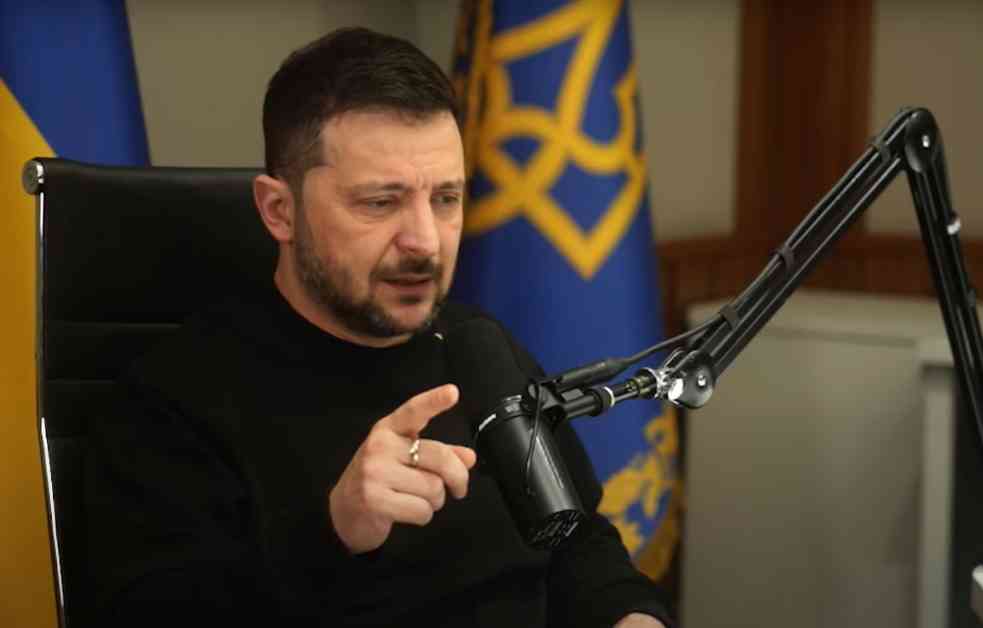Elections in Ukraine: A Complex Path Forward
In a recent interview with American podcaster Lex Fridman, Ukrainian President Volodymyr Zelenskyy made a bold statement regarding the future of elections in Ukraine. According to Zelenskyy, elections in Ukraine can only be a reality after the war comes to an end or significant legislative changes are implemented.
Zelenskyy emphasized the challenging circumstances surrounding the possibility of holding elections in Ukraine. He highlighted the fact that millions of Ukrainians are currently residing in occupied territories, making it a complex issue to ensure their participation in the electoral process. Additionally, the president pointed out the logistical difficulties of creating voting infrastructure for 8.5 million Ukrainians living abroad.
The Roadblocks to Elections
The resistance to holding elections in Ukraine stems from various challenges, including the presence of military personnel and the need for legislative reforms. Zelenskyy explained that according to the law, elections can only take place once martial law is lifted. Alternatively, parliamentarians would have to convene to enact legislative changes, a task that the president described as challenging due to societal opposition.
Exploring Electoral Reforms
During the interview, Zelenskyy also touched upon the potential for online voting as a means to facilitate the electoral process. However, he expressed concerns about cybersecurity threats associated with this approach, highlighting the need for robust security measures to protect the integrity of the voting system.
Pursuing Peace Talks
In addition to discussing the electoral landscape, Zelenskyy addressed the possibility of peace negotiations, particularly with Russian President Vladimir Putin. The Ukrainian leader emphasized the importance of securing strong security guarantees through discussions with US President-elect Donald Trump before engaging in talks with Russia.
Zelenskyy’s insights shed light on the intricate challenges facing Ukraine in the realm of elections and peace negotiations, underscoring the complexities of navigating these critical issues in the midst of ongoing conflict and geopolitical tensions.

















